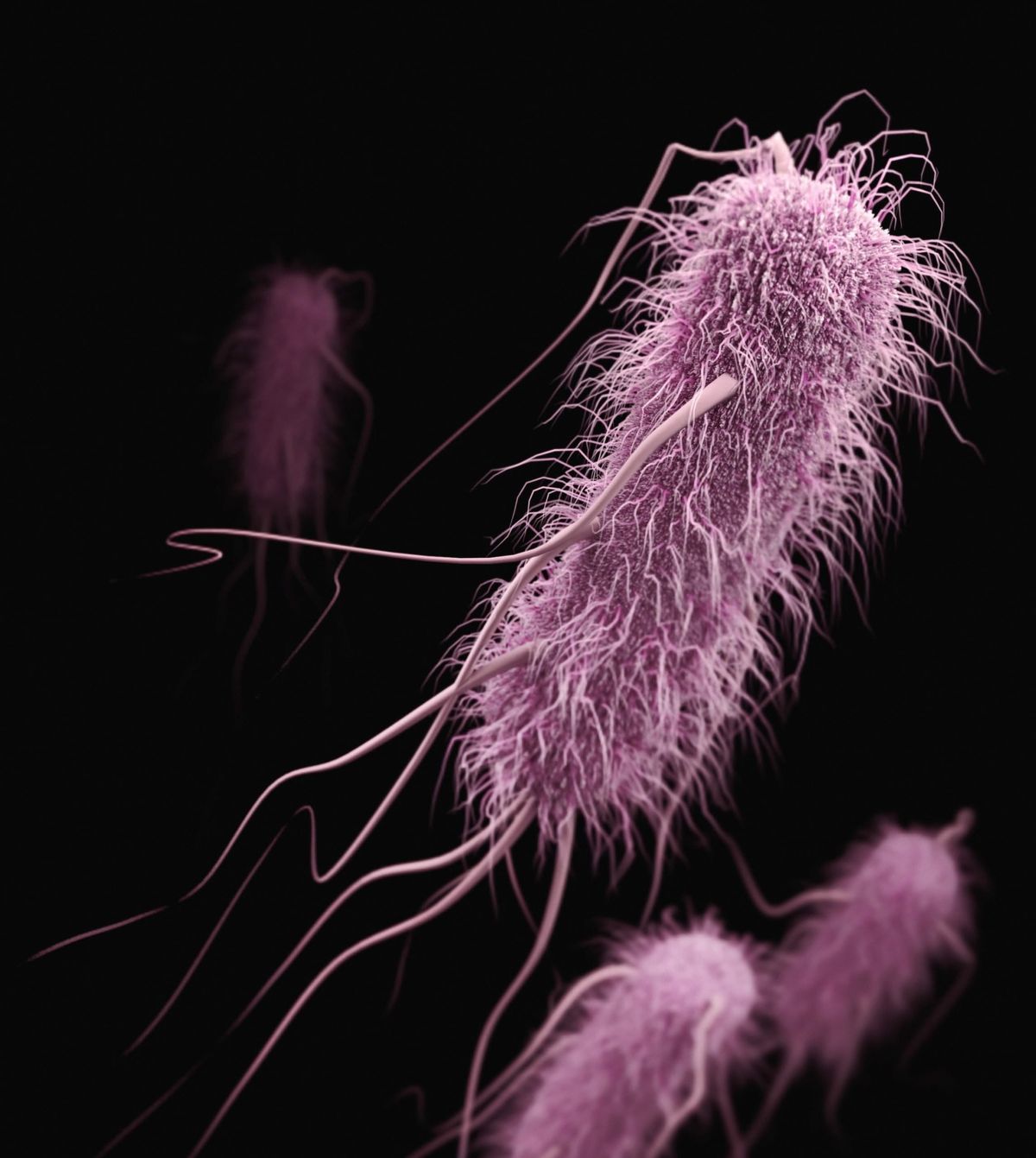
What happened?
Europe poised to lead in solutions for AMR
Antibiotics are a cornerstone of modern medicine, but we are quickly running out of treatments due to increasing resistance against existing antibiotics, and a lack of new drugs entering the market in the short and long term. The issue is urgent: antibiotic resistance was the cause of over 1.27mn deaths worldwide in 2019, and death rates could potentially reach 10mn per year by 2050. According to European Commission estimates, antimicrobial resistance (AMR) causes approximately 33,000 deaths per year in the European Union, with an annual price tag of some €1.5bn. Development of new antibiotics is hindered by limitations on usage and issues around pricing. What is preventing the development of new antibiotics, and how can we assure access and appropriate use? How can Europe lead the response to the global health security threat of antimicrobial and antibiotic resistance?
As the European Commission prepares to publish an initiative establishing strategies to combat AMR, a Friends of Europe dinner debate, entitled ‘Seizing the opportunity for European leadership on antibiotic development and access’, was held on 8 November 2022, in partnership with the Global Antibiotic Research and Development Partnership (GARDP). Policymakers, health experts, members of the pharmaceutical industry, scientists and patient advocates gathered to explore Europe’s role in antibiotic development and the global fight against AMR. They highlighted the urgency of the issue, despite strong progress made in recent years. Discussions covered the need for solidarity, access and stewardship; the need for infrastructure to support the development of new antimicrobials; and how value is defined and efforts rewarded.
The new pharmaceutical legislation at EU level provides a crucial window of opportunity to introduce incentives that stimulate innovation, allowing Europe to take a leading role in the global AMR crisis.
Peter Beyer, Deputy Executive Director of the Global Antibiotic Research and Development Partnership, led the discussion by describing the advances, such as the not-for-profit Carb-X initiative, made since the GARDP was established by the World Health Organization in 2016. Despite progress, Beyer warned, the battle is far from being won and much work still lies ahead.
Revising the European economic model for antibiotic development is necessary. With a profile similar to orphan drugs in Europe and to medicines for neglected diseases in low- and middle-income countries (LMIC), antibiotics require innovative push and pull incentive mechanisms that benefit both high- and low-income countries. Beyer cautioned on the need to be prudent in choosing which products to develop.
One novel solution proposed would combine older generic antibiotics to strengthen the efficiency and offer protection to existing treatments. “We must be careful and selective with new antibiotics,” cautioned Beyer.
Dr Malin Grape, Ambassador on Antimicrobial Resistance at the Swedish Ministry of Health and Social Affairs, confirmed that AMR will continue to be a priority when Sweden assumes the EU Presidency in January 2023. Key actions will include tackling vulnerabilities in the supply chain revealed by the COVID-19 pandemic. Production of new antibiotics needs bolstering. Grape also cited tackling antibiotic de-registration as “Europe must maintain all the effective tools in the toolbox and prevent loss caused by low revenues”.
Efforts to reduce unnecessary antibiotic use and promote prevention strategies must also be enhanced. “Prevention and responsible antibiotic use are key to a holistic response to AMR,” commented Grape.
Dr Agnes Molnar, Head of Unit at the European Commission Health Emergency Preparedness and Response Authority (HERA), described the need for effective end-to-end solutions for AMR and other health emergencies. These include efficient regulatory processes to bring products to market, support for research and development, establishing methodologies for mapping supply chains, and monitoring stockpiling, stock-outs, procurement and distribution. The European Commission counts on working with member states, the pharmaceutical industry, the veterinary sector, economic institutions and international organisations, such as the WHO, as well as the G7 and G20 member countries, to address the global dimension of AMR. “It is important to work globally and support LMICs,” noted Molnar.
Investment in development needs encouraging. Florence Séjourné, Executive Chief Executive Officer of Aurobac Therapeutics-Beam Alliance, described the precarious fundraising situation for small companies. Potentially effective products are not being developed as venture capitalists are not engaged in antibiotic development. A reliable platform is needed to generate support for small companies developing innovative solutions.
Yannis Natsis, Director of the European Social Insurance Platform, warned that incentive schemes for antibiotic development must take into consideration access and affordability. Health systems have been strained by the COVID-19 pandemic. In Europe, the social protection platform is struggling with competing priorities, including health, unemployment, pensions, inflation, energy, migration flows and the Ukraine crisis. Innovation must, therefore, be balanced with solidarity.
Public awareness must also be enhanced. The common sanitary gestures adopted to prevent COVID-19 should be sustained. Raising public awareness must be part of the prevention and control strategy in Europe and beyond.
The solution to antimicrobial use, development, and supply requires enhanced prevention and control measures combined with incentives for innovative antibiotic development. By capitalising on emerging legislation and strong political momentum, Europe is poised to take a leading role in developing effective solution to AMR.
Schedule
AMR has been identified as one of the three main cross-border health threats for Europe. Alongside growing morbidity and mortality, the economic consequences of AMR could be damaging for both Europe and the global economy if governments fail to act. Recent lessons on how to react, invest and adapt systems need to be put into practice to address drug-resistant infections and bolster the preparedness of European and global health systems.
Questions include:
- Traditional, for-profit models to foster drug development are not well suited to meet the significant public health need for new antibiotics. Given the urgency of the situation, what are the routes forward for the European Commission and EU member states to enable the development of novel antibiotics?
- How can governments, the private and non-profit sectors ensure the development and accessibility of novel antibiotics?
- The pandemic demonstrated Europe’s vulnerability to health threats emerging outside its borders. What are the challenges and rewards of assuming a leadership role in addressing the global health threat of AMR?
Kick-starters
Peter Beyer
Deputy Executive Director of the Global Antibiotic Research and Development Partnership (GARDP)
Dr Malin Grape
Ambassador on Antimicrobial Resistance at the Swedish Ministry of Health and Social Affairs
Dr Agnes Molnar
Head of Unit at the European Commission Health Emergency Preparedness and Response Authority (HERA)
Moderator
Tamsin Rose
Facilitator
Speakers
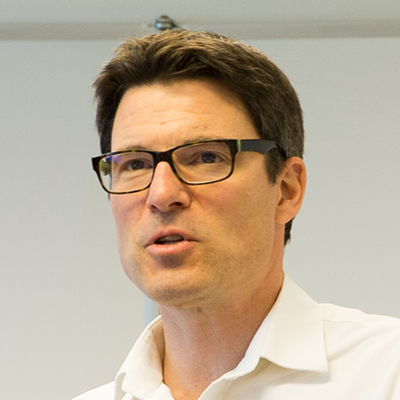
Deputy Executive Director of the Global Antibiotic Research and Development Partnership (GARDP)
Peter Beyer is a public health expert, who has played an instrumental in setting up GARDP and the AMR Action Fund. Previously, he led the World Health Organization unit responsible for global initiatives that foster the development and access to new antimicrobial treatments. He also chairs the Expert Advisory Group of the Medicines Patent Pool, which assesses the terms and conditions of all proposed licence agreements. Beyer is also a trained lawyer and has extensive experience in international negotiations.
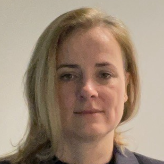
Head of Unit at the European Commission Health Emergency Preparedness and Response Authority (HERA)
Agnes Molnar currently leads the unit on intelligence gathering, analysis and innovation at the Health Emergency Preparedness and Response Authority. An expert in public health and preventive medicine, she specialises in health policy, systems and impact assessment. Molnar has worked on social and environmental determinants of health, preparedness and response to serious cross-border health threats and global health security throughout her career. She previously served as the deputy head of the health security and vaccination unit at the European Commission Directorate-General for Health and Food Safety (DG SANTE).
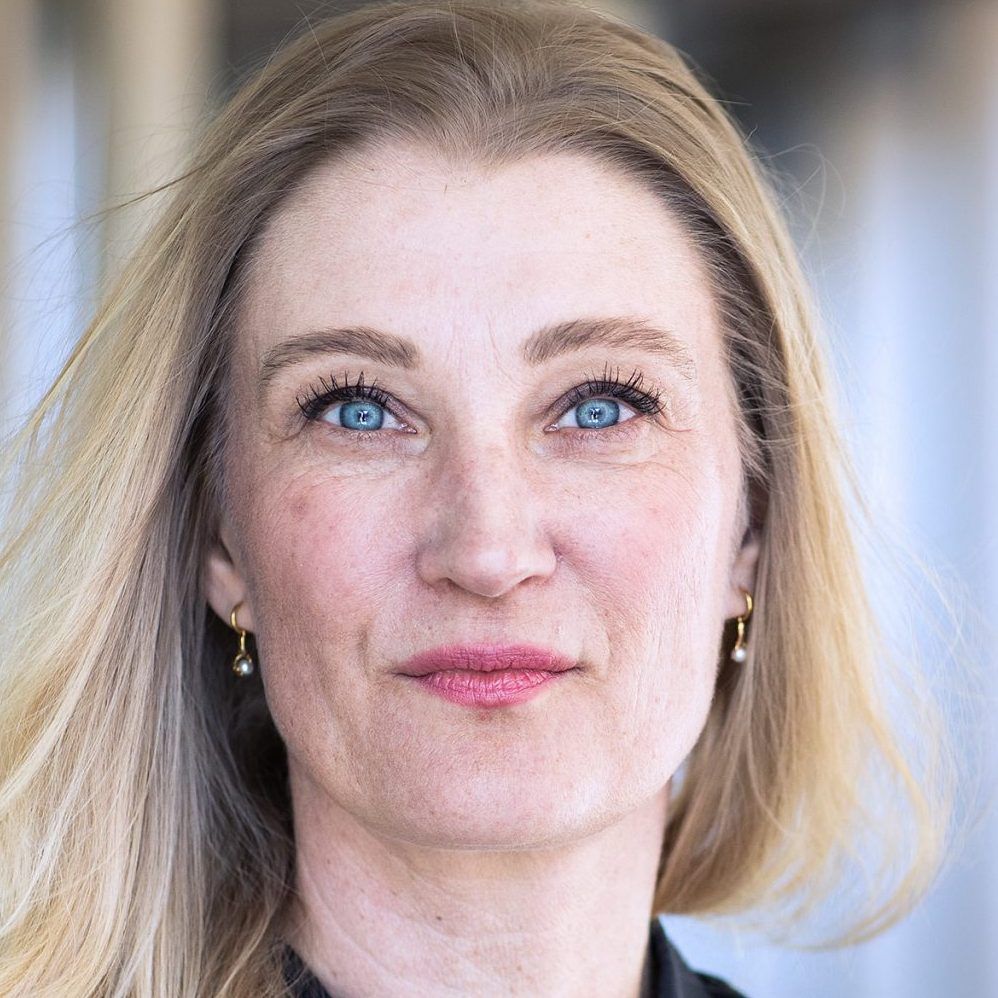
Ambassador on Antimicrobial Resistance at the Swedish Ministry of Health and Social Affairs
Malin Grape is the first-ever Swedish Ambassador on Antimicrobial Resistance. A licensed pharmacist, her expertise spans fields from clinical microbiology to global health. Prior to her current position, she led the Department for Communicable Disease Control and Health Protection, and the Unit for Antibiotics and Infection Control at the Public Health Agency of Sweden, in which roles she was responsible for national coordination and international cooperation on antimicrobial resistance and healthcare-associated infections. Grape has chaired the national sector-wide coordinating mechanism on antibiotic resistance, and served as the director of a WHO collaborating centre for antimicrobial resistance containment. She is also a former member of the national research programme committee on antibiotic resistance and the National Council for Patient Safety.
Activities
Europe's moment: advancing clinical research and health innovation
Next event In person & online

- Area of Expertise
- Sustainable Livelihoods
Re-imagining Europe's health systems
Past event In person & livestreamed
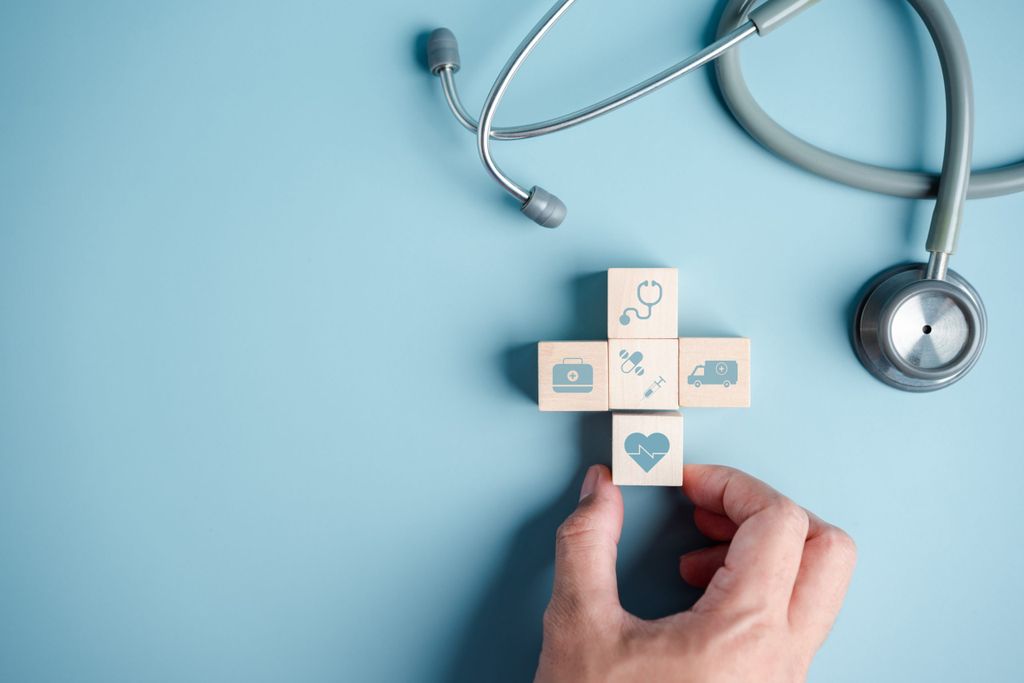
- Area of Expertise
- Sustainable Livelihoods
Health check for a competitive medical technology sector in Europe
Past event In person

- Area of Expertise
- Sustainable Livelihoods
Healthy ageing for Europe's future: the value of adult immunisation
Past event In person & livestreamed
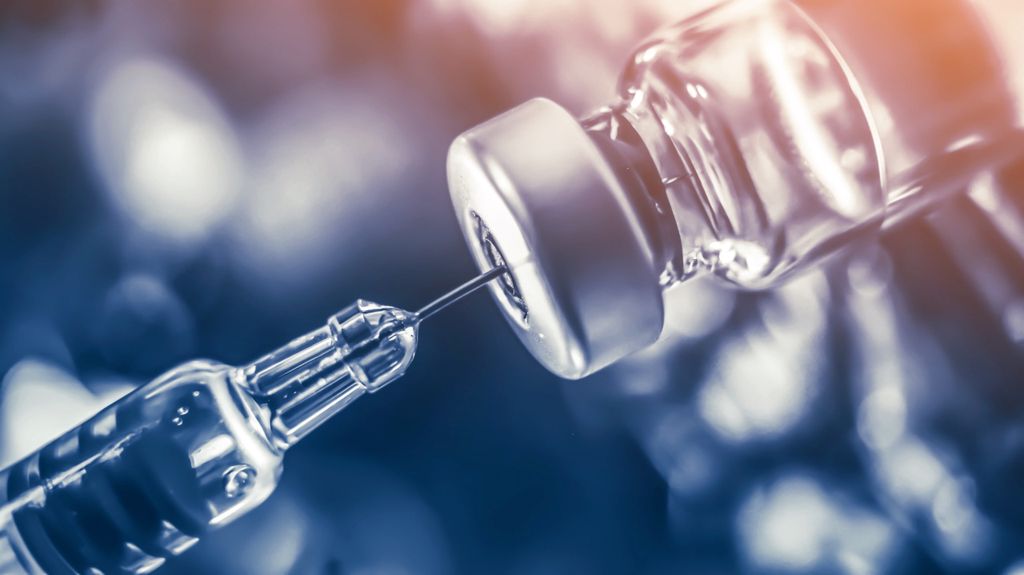
- Area of Expertise
- Sustainable Livelihoods
Policy Voices | Re-imagining Europe’s health systems
- Category
- Podcast
- Area of Expertise
- Sustainable Livelihoods
Financing the green and just transition: towards further partnerships…
- Category
- #CriticalThinking
- Author
- By Sebastián Nieto-Parra
Reclaiming medicines and health innovation for our health
- Category
- #CriticalThinking
- Author
- By Els Torreele
Hidden biases in public health research: why we are failing our most…
- Category
- #CriticalThinking
- Author
- By Marthe De Boevre

- Area of Expertise
- Sustainable Livelihoods
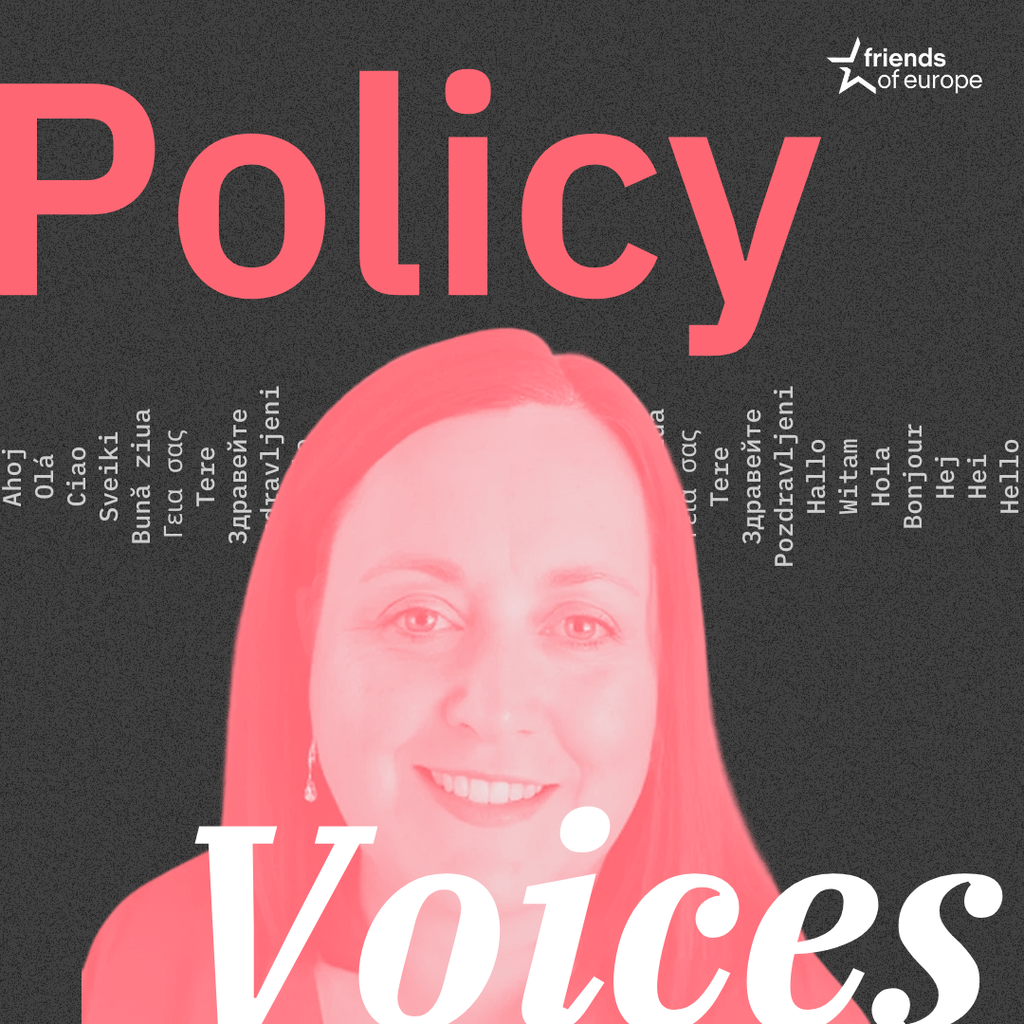
- Area of Expertise
- Sustainable Livelihoods

- Area of Expertise
- Sustainable Livelihoods
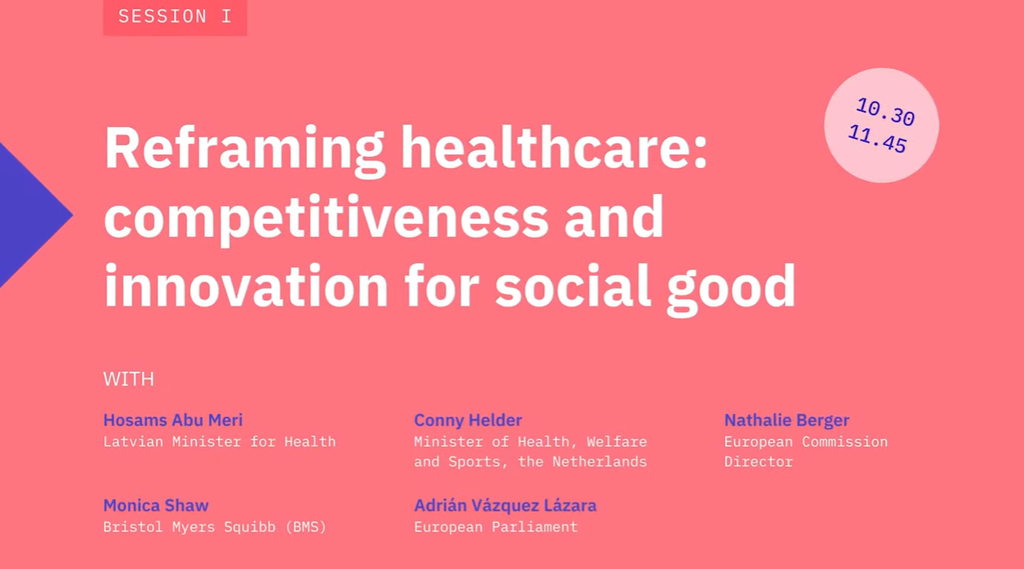
- Area of Expertise
- Sustainable Livelihoods
Continue
the debate on
- Debating Europe


